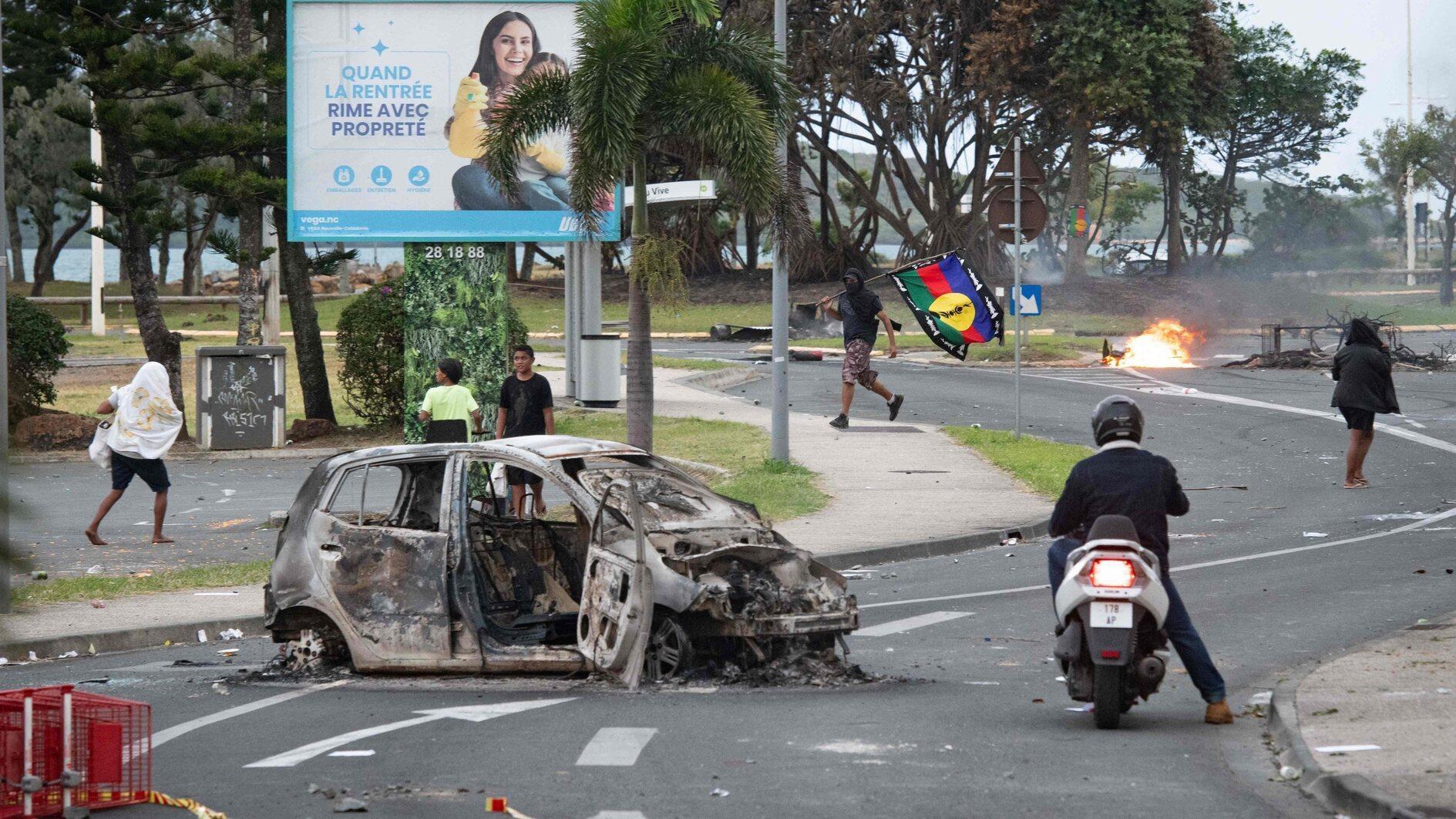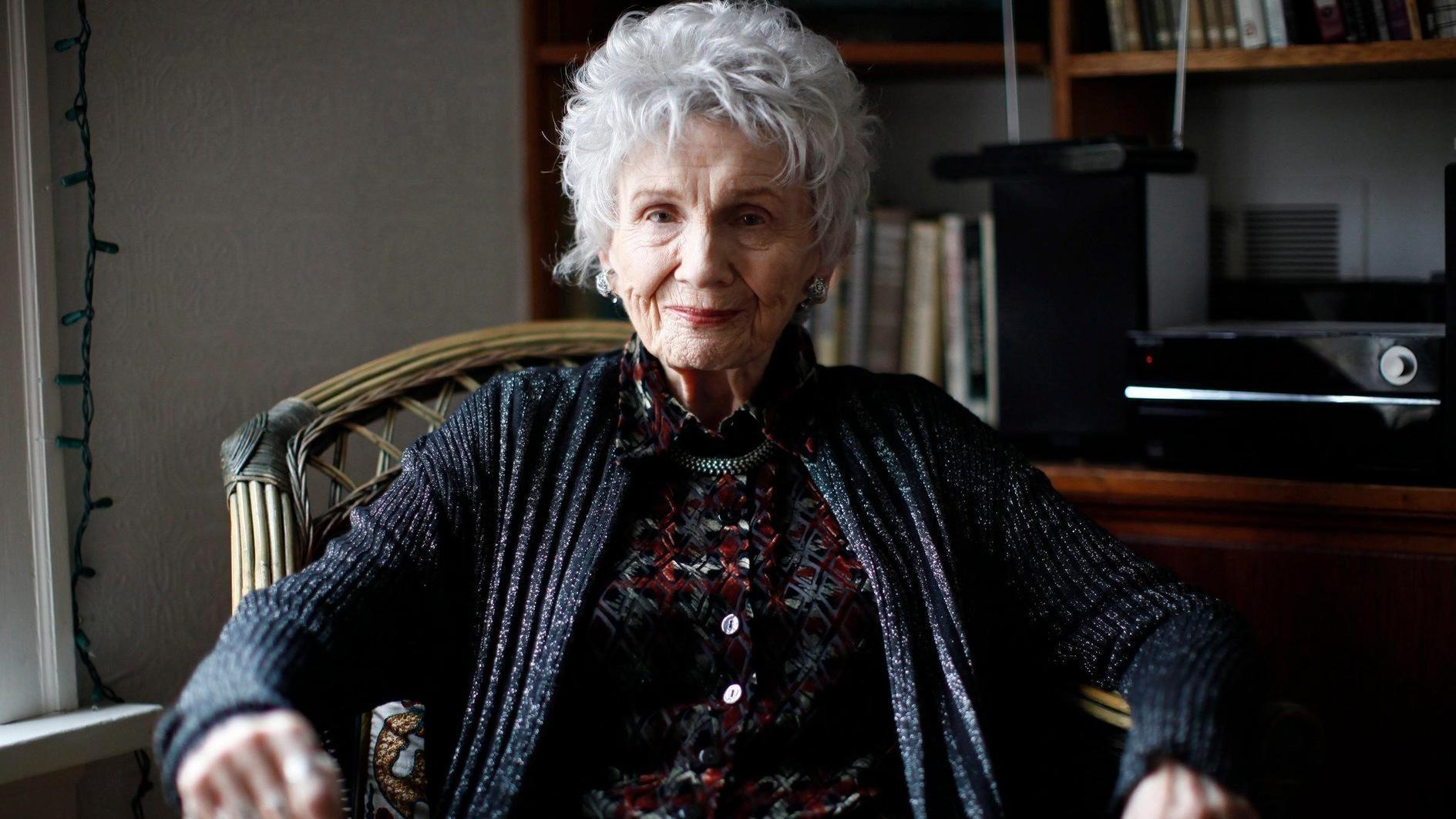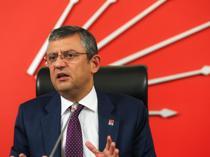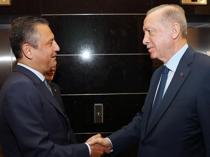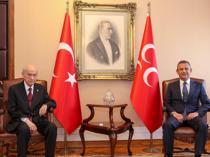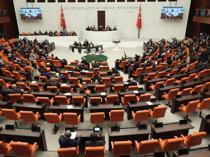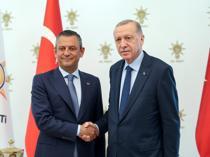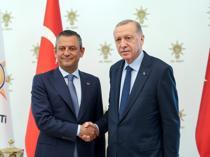Turkey heading for ‘de facto presidential system in 2014’ Deputy PM Bozdağ says
ANKARA - Hürriyet Daily News
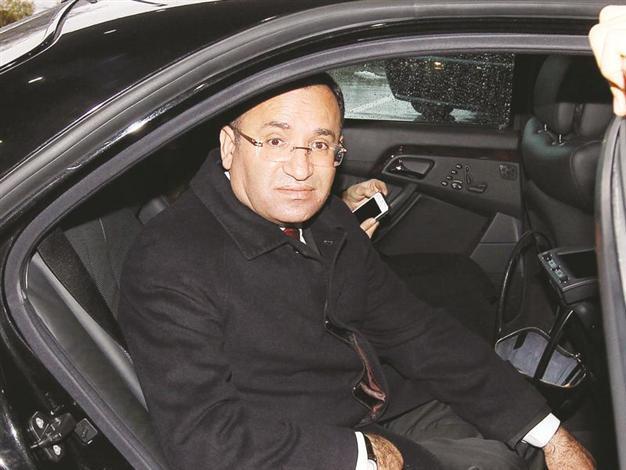
We are talking about a president elected by 50 percent of the people. His chance for re-election will push him to be more active, Bozdağ says. AA photo
Deputy Prime Minister Bekir Bozdağ has once again expressed his party’s enthusiasm for a presidential system, arguing that the popular election of the president within the current parliamentarian system would lead to a de facto presidential system.“If the president will be elected by popular vote without a new amendment, new problems will occur,” Bozdağ told a group of reporters in the Austrian capital of Vienna on Dec. 23.
Recalling his party’s presidential system proposal presented to Parliament’s charter panel, Bozdağ said they desired a system change for “Turkey’s needs.”
“The president within the current system will be stronger when elected by a popular vote. We are talking about a president elected by 50 percent of the people. His chance for re-election will push him to be more active. For this reason, Turkey should carry out a system change and continue on its way with a new structure. We need a new [situation]. This is not an effort to acquire a new status for
our prime minister [Recep Tayyip Erdoğan]. We desire this change since Turkey needs it,” Bozdağ said.
If the system is not revised, there will be a de facto change instead of a structural one, the deputy premier added.
Proposal
In its proposal presented to Parliament’s Constitution Conciliation Commission on Nov. 20 as part of discussions on the “executive” section, the ruling Justice and Development Party (AKP) suggested a “Turkified version of the U.S. executive system” for the country, preserving the unitary structure with a single Parliament and giving extraordinary authority to the president. However, proposals from all three opposition parties favor a parliamentary system.
Bozdağ said the commission should continue to its work by putting this part into parentheses. In cases of disagreement, related articles are written with red lines from the four parties, in other words, with reservations and parentheses.
“There are a lot of articles that were written with parentheses. Will our proposal [for a presidential system] cause a deadlock in the commission’s work while these parentheses did not produce a deadlock?” Bozdağ said, adding that they would give up their presidential system proposal in the event of a consensus on all other topics.
“We will not be the party that produces a deadlock in this process. If a consensus on all other issues is reached, the AKP will give up the presidential system proposal for the sake of the new Constitution,” Bozdağ said.
In further comments, Bozdağ said a legal article that has been frequently been used to legitimize military interventions in politics would be amended soon.
Five or six articles the government is considering changing include Article 35 of the Turkish Armed Forces’ internal service law, as well as the military oath, which refers to protecting the republic.
“Article 35 of the internal service law will not be annulled. But some parts of that article that have been used to justify military interventions will be removed. Amendments will not be limited to a single article; there are five or six articles [to be amended]. The army officers’ oath, which refers to Article 35, will also be amended,” he said.
According to Article 35 of the Turkish Armed Forces’ internal service law, the duty of the Turkish Armed Forces is “to watch over and protect the Turkish homeland and the Turkish Republic as designated by the Constitution.” The Turkish army staged coups in 1960, 1971 and 1980 on the basis of Article 35, arguing that civilian authorities were failing to preserve constitutional principles.


